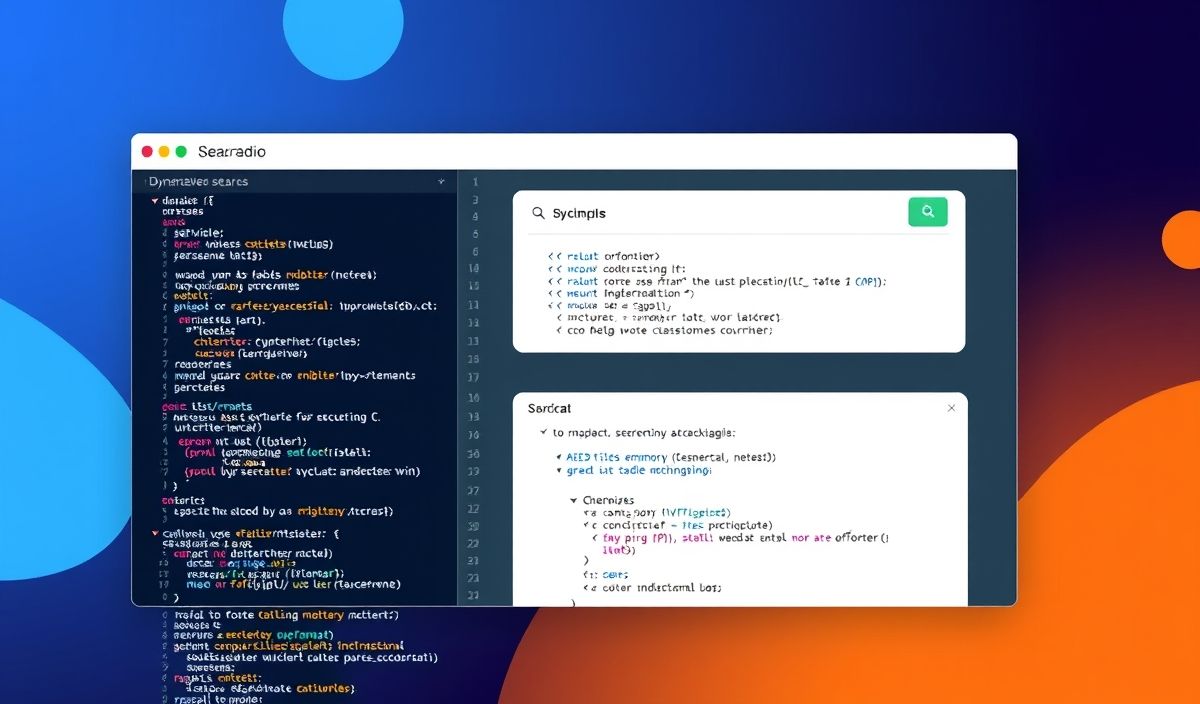Introduction to Flask-Compress
Flask-Compress is an extension for Flask that allows you to easily compress your Flask application’s responses using Gzip, Brotli, or Deflate. This is a powerful tool for improving the performance of your web application by reducing the size of your responses, which can lead to faster page loads and reduced bandwidth usage.
Installing Flask-Compress
To get started with Flask-Compress, you need to install it using pip:
pip install flask-compress
Basic Usage
Here’s how to use Flask-Compress in your Flask application:
from flask import Flask
from flask_compress import Compress
app = Flask(__name__)
Compress(app)
@app.route('/')
def index():
return 'Hello, World!'
if __name__ == '__main__':
app.run(debug=True)
Configuration Options
Flask-Compress offers several configuration options to customize its behavior:
COMPRESS_MIMETYPES: A list of MIME types to compress (default: [‘text/html’, ‘text/css’, ‘text/xml’, ‘application/json’, …]).COMPRESS_LEVEL: The compression level (default: 6).COMPRESS_MIN_SIZE: The minimum response size that will trigger compression (default: 500 bytes).COMPRESS_ALGORITHM: The compression algorithm to use (‘gzip’ or ‘br’).
Here is an example of configuring Flask-Compress with custom settings:
app.config['COMPRESS_MIMETYPES'] = ['text/html', 'text/css', 'application/json'] app.config['COMPRESS_LEVEL'] = 9 app.config['COMPRESS_MIN_SIZE'] = 300 app.config['COMPRESS_ALGORITHM'] = 'br' Compress(app)
Advanced Usage
Flask-Compress allows you to conditionally compress responses using the compressible decorator. This can be useful for fine-tuning which responses should be compressed:
from flask_compress import compressible
@app.route('/heavy')
@compressible
def heavy_response():
return 'This is a heavy response that will be compressed.'
App Example with Multiple APIs
Let’s look at a more comprehensive example, demonstrating the use of Flask-Compress with multiple APIs in a single application:
from flask import Flask, jsonify
from flask_compress import Compress
app = Flask(__name__)
Compress(app)
@app.route('/')
def index():
return 'Welcome to the Flask-Compress example!'
@app.route('/json')
def json_response():
return jsonify({'message': 'This is a JSON response that will be compressed.'})
@app.route('/data')
def data_response():
data = {"key": "value"} * 1000 # Large response
return jsonify(data)
@app.route('/no-compress')
def no_compress_response():
return 'This response is not compressed.'
if __name__ == '__main__':
app.run(debug=True)
In this example, responses for different routes are served, some of which contain large data sets that benefit from compression.
Hash: b82bef1cde5848df9a1d358e292e028d225c0cd531c8cf6b8bb40d1d3e81b234




